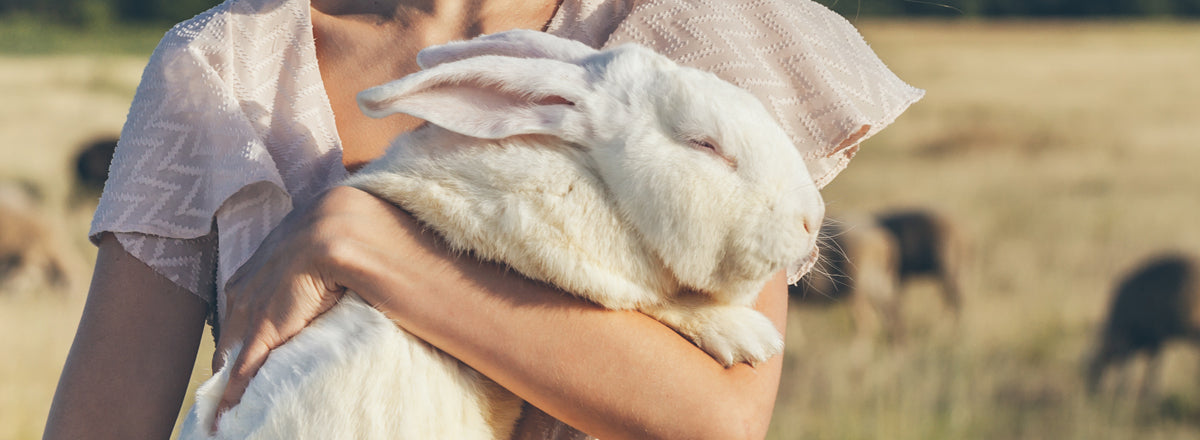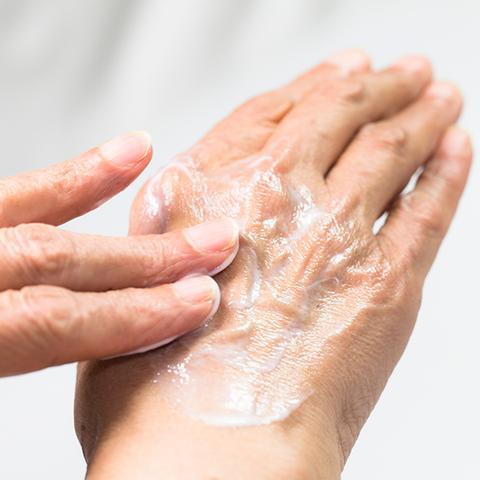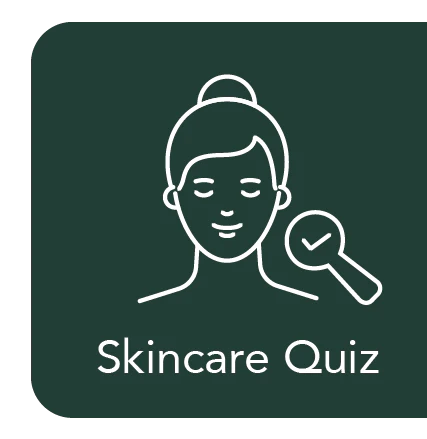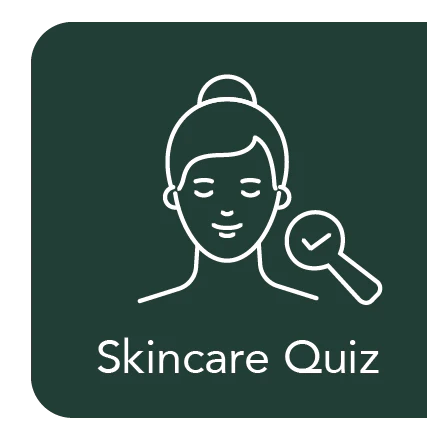The Sukin Journal
Discover the world of natural through our eyes! From skincare tips, lifestyle and environmental hacks to inspirational interviews! Explore it all.
Why Shopping Cruelty Free Is Important

If you’re familiar with Sukin Naturals, you probably know that being a socially responsible brand is very important to us. Part of that commitment is delivering great products that are both vegan and always cruelty-free. You won’t find any animal ingredients or animal byproducts in our skincare ranges, and we stay true to our cruelty-free commitment as a brand.
For that reason, we wanted to discuss what being cruelty-free means, the history of animal testing and how consumers can make an impact to help animals being subjected to these tests.
Cruelty-free is one of those terms that is used quite a bit but is not well defined. Most people probably assume that if a product is called “cruelty-free,” that means that no animal testing has occurred to produce it. But the truth is, there’s actually no regulation on the term in the U.S. or Canada! Therefore, the definition of what makes a product cruelty-free, can vary depending on who is utilizing that term. Cosmetics brands usually claim ‘cruelty-free’ meaning that they did not conduct any animal testing on the finished product, however that does not mean that testing did not occur on a specific ingredient. Also, it does not mean the brand didn’t hire an outside company to do animal testing while still calling it cruelty-free.
Now let’s dive into the history! Today, we see animal testing for cosmetics as cruel and unnecessary, but it started out with good intentions as a way to protect humans from unsafe cosmetic products. In 1938, the United States Food, Drug & Cosmetic Act became law, and required beauty companies to prove their products were safe. To prove the products were safe, companies began testing products on animals.
The first of these tests were recorded in the 1940’s and was known as the Draize test. This involved administering the ingredient in question into the eyes of a conscious animal, usually a bunny rabbit. The substance generally stayed in the rabbit’s eye for 14 days, after which, the animal’s eyes were evaluated for irritation or other ill effects as a predictor of how the substance could possibly affect humans. Often, those tests had adverse effects on the animals and would have to be euthanized. It wasn’t until the 1980’s that beauty companies were feeling the heat to stop conducting animal testing. Like much of our history, it is not easy to swallow, however in order to prevent the same mistakes from being made, we must all understand the past.
Two years after The Coalition of Consumer Information on Cosmetics was formed in 1996, the United Kingdom banned all animal testing. Throughout the 2000’s, other countries such as Israel, New Jersey, New York, Rio de Janeiro and Russia followed suit by either banning the sale of brands who actively practiced animal testing or banned animal testing all together. But even with all this progress, in 4 out of every 5 countries, it is still legal to use animals in toxicity tests for beauty products and ingredients. There is certainly still a long way to go, but education and a commitment to providing cruelty-free products is our contribution to making a difference.
You’re probably wondering what you can do to help. There are a few different ways to make an impact, but for starters, you can donate money to help the cause or you can keep animal tested brands and products out of your shopping cart! As more and more consumers turn to ethical, cruelty-free brands, it forces larger companies to take notice and encourages them to improve their practices. Consumers hold the purchasing power and get to decide what brands they want to support. The more people that demand cruelty-free products, the more brands will have to deliver on that promise. By supporting cruelty-free brands, they will have the opportunity to be featured in more stores and will become more accessible for consumers. This will make the decision to turn down large brands even easier for consumers.












